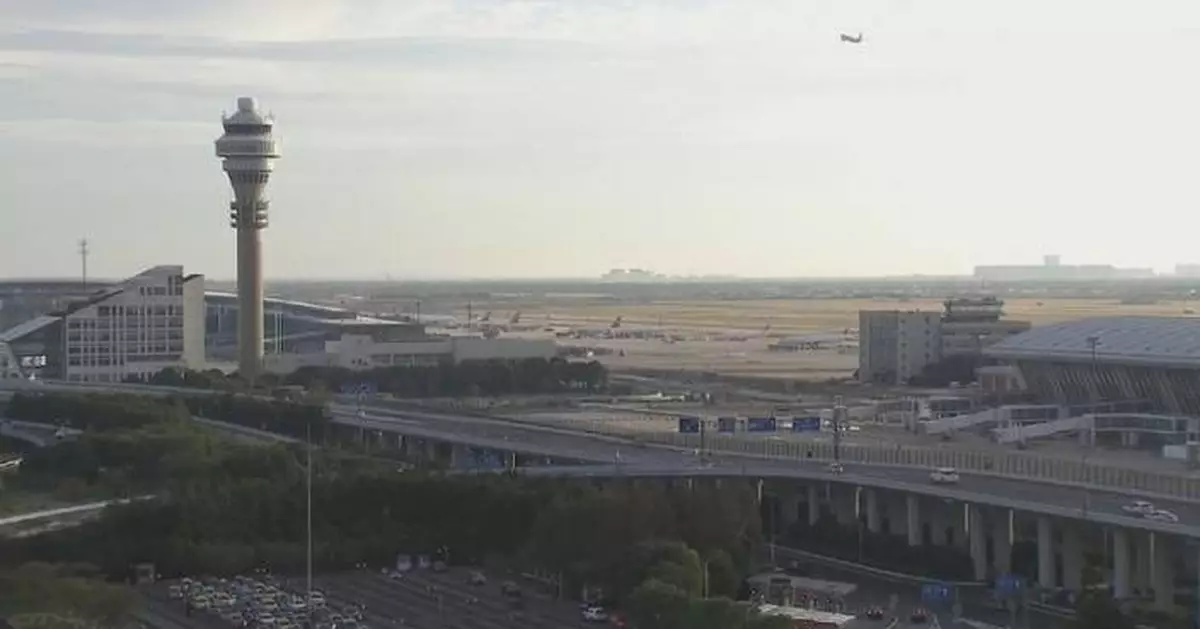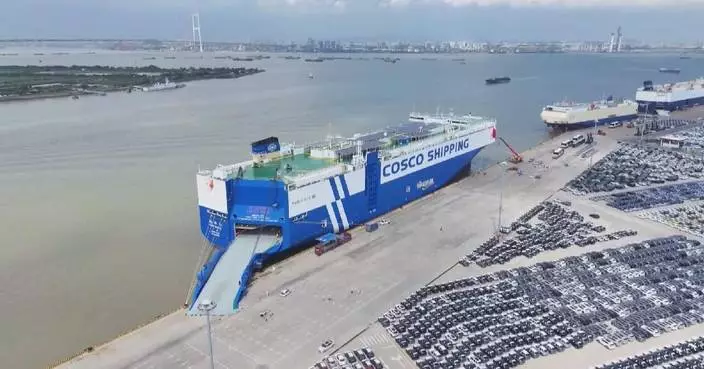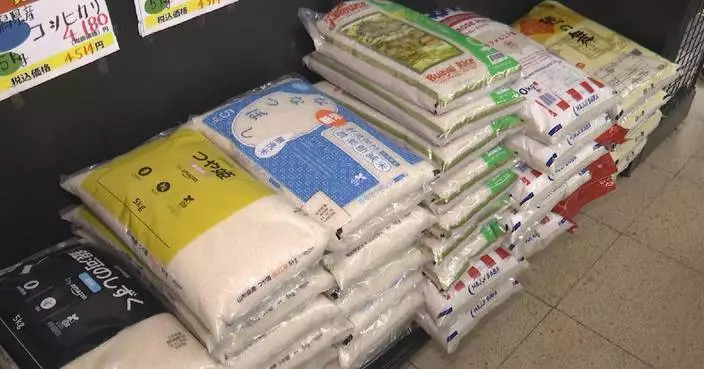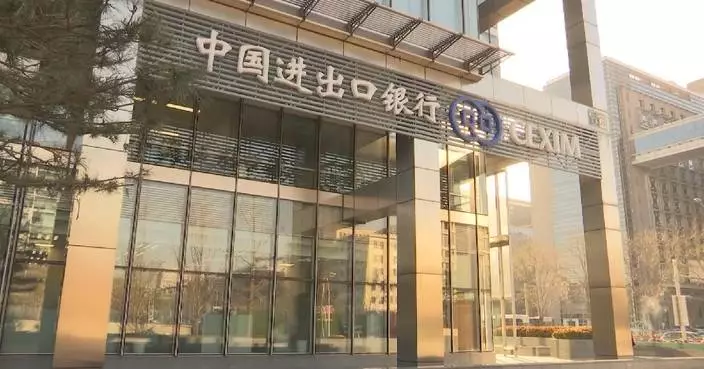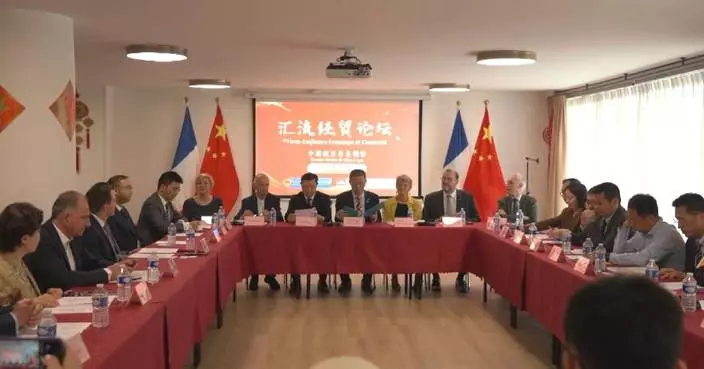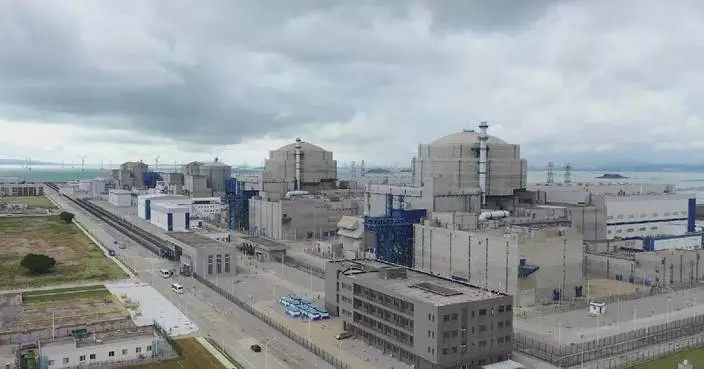China's Civil Aviation Administration (CAAC) announced new measures on Sunday to increase international flights and enhance departure tax refund policies, aiming to attract more foreign tourists and boost inbound consumption.
At a press conference, Xu Qing, director of the CAAC Transport Department, outlined the agency’s strategy to improve air travel and tax refund systems, enhancing the overall visitor experience and stimulating increased spending.
"Firstly, we will continue our efforts to increase international flights. For the traditional international air transport market, the focus will be on 'optimizing structure, enhancing quality, and ensuring stability,' guiding airlines to adopt tailored strategies that drive steady progress, improve quality, and enhance efficiency. For emerging markets and Belt and Road Initiative participating countries, we will strengthen support and guidance, encouraging airlines to expand into these regions, enhance the Belt and Road air route networks, and better align with the country’s foreign policy and trade goals," said Xu.
In addition to expanding flight routes, Xu noted that improving services for foreign travelers is a key priority, particularly through enhancing payment systems and streamlining airport services to create a more efficient and enjoyable experience.
"Secondly, we will continue to improve payment facilitation services. Efforts will be made to optimize the functions of comprehensive service counters at hub airports, with the goal of creating a superior service environment. The aim is to provide foreign travelers with seamless 'one-stop' services covering tourism, payment, transportation, communication, and other needs, while promoting the 'Chinese service' brand within the air transport sector," said Xu.
As part of China's strategy to boost its appeal as a shopping destination, the CAAC is also working on improving the departure tax refund process, which will be key in attracting more international visitors to make purchases in China.
"Finally, we will drive the implementation of optimized departure tax refund policies. Airports with the necessary capabilities will be encouraged to establish tax refund shops, leveraging the advantages of international flights and hub airports. Targeted promotional campaigns will be launched to raise awareness of the departure tax refund policy among foreign travelers, encouraging more visitors to shop in China," said Xu.
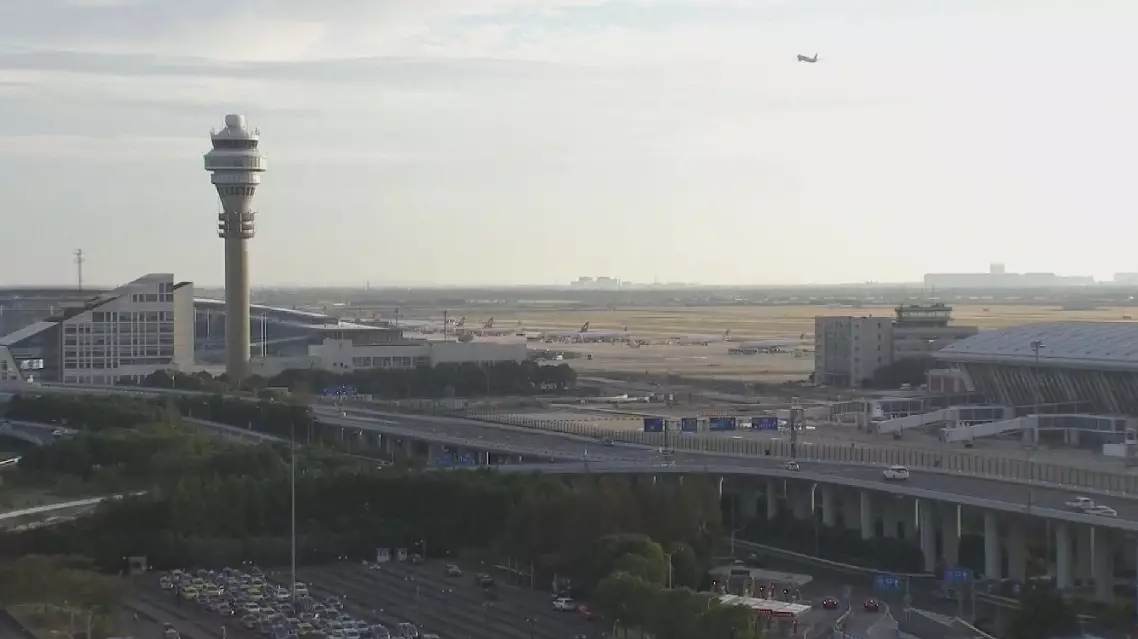
China's civil aviation administration takes measures to boost international travel
Shipments from China to the United States have surged since the two countries announced tariff cuts, driving up freight shipping costs for U.S. companies who are rushing to replenish inventories in the 90-day window and prepare for an uncertain future.
Among them is Stonemaier Games, a U.S. tabletop game publisher which has been producing games in China and selling them in the domestic market over the past 13 years.
Jamey Stegmaier, founder and president of the company, told China Central Television that they are trying to ship products out of China as quickly as possible, but the surging demand in freight shipping has made it much harder.
U.S. bookings for container shipments from China to the U.S. had surged by nearly 300 percent as of Wednesday, which has driven up freight shipping prices, according to data from container-tracking software provider Vizion.
"The challenge we are facing now is that a lot of other companies are doing the same thing. So, we are facing shipping delays, port congestions and higher freight shipping costs as a result. I don't have exact numbers on how much the prices will increase. Usually, freight shipping costs are locked in for about a month. So, on June 1, we anticipate seeing those prices go up significantly. And for any shipments that leave China for us in late June, there is the risk that they won't even arrive within the 90-day window. 90 days will fly by," Stegmaier said.
Stegmaier said his company is planning on their winter holiday production run, but it will be much more modest than usual as they don't know how much the tariffs will be at that time.
"The current challenge that we're facing is largely one of uncertainty. I don't even know if the 90-day tariff reprieve will hold. I don't know what will happen after that. So, we are planning for a very uncertain future. And that's the biggest impact, I would say, both on the production side and the inventory that we plan on bringing and holding here in the U.S. at our warehouses," he said.
Questioning the ability of the current U.S. government to build partnerships with other countries, Stegmaier expressed hope that his country will improve its economic ties with other countries and create a more stable business environment.
"So, I'm hopeful for what the future brings in stronger ties between the U.S. and China and any other country. I'm worried the current administration in the U.S. isn't well-equipped to handle that sort of strong, healthy relationship. But I'm hopeful that relationship will improve," he said.
Following a two-day China-U.S. high-level meeting on economic and trade affairs in Geneva, the world's two largest economies announced in a joint statement on Monday a series of measures, tariff modification measures, aimed at easing trade tensions, which took effect on Wednesday.
According to the statement, the United States will place a 90-day pause on 24 percentage points of the additional ad valorem rate of duty on articles of China, while retaining the remaining rate of 10 percent on those articles. It will also remove the additional tariff rates on imports from China announced on April 8 and 9 respectively.
China will suspend 24 percentage points of the additional ad valorem rate of duty on articles of the United States for an initial period of 90 days, while retaining the remaining additional ad valorem rate of 10 percent on those articles. It will remove the modified additional ad valorem rates of duty on those articles imposed by the No. 5 and No. 6 announcements issued by the Customs Tariff Commission of the State Council on April 9 and 11, respectively.

U.S. businesses rush to ship products out of China following tariff cuts



